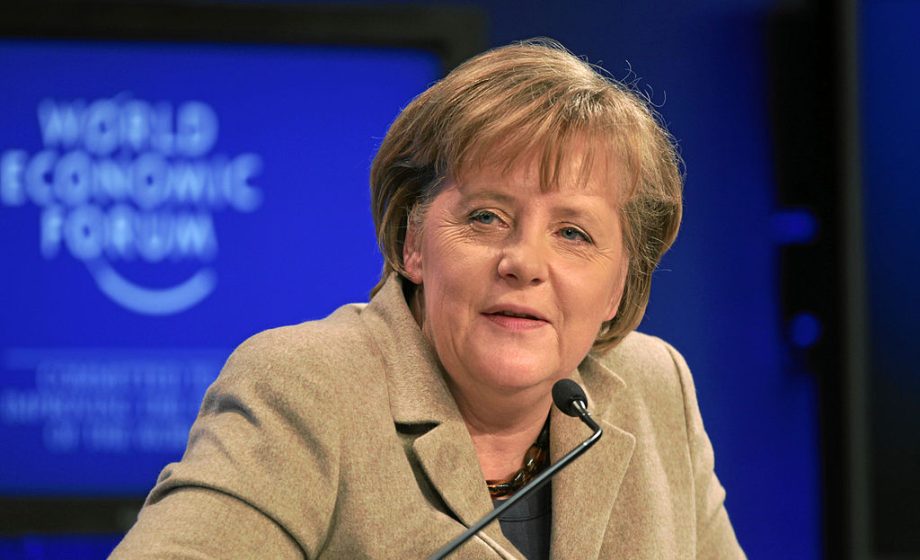Germany’s central bank has warned that a recession is likely, thanks to a dip in exports and industrial production that has led the economy to shrink for a second quarter in a row, according to the Financial Times. The downturn threatens an already lagging technology sector in the world’s fourth largest economy.
Authorities are considering options to boost the economy, including a fiscal stimulus package “designed to bolster the domestic economy and consumer spending to prevent large-scale unemployment,” sources close to the discussions told Bloomberg.
Germany’s economy shrunk 0.1 percent in the quarter leading into June, and the Bundesbank now says it “could continue to decline slightly” in the quarter heading into September.
“As things currently stand, it is unclear whether exports and, by extension, industry will regain their footing before the domestic economy becomes more severely affected,” the bank warned in its monthly update.
Well before the economy slowed, experts were already warning that Germany was falling far behind when it came to tech and AI development, with political and bureaucratic obstacles stymieing efforts to catch up. Now, the nation’s tech sector faces a sluggish economy as well.
Olaf Scholz, Germany’s finance minister, said Sunday that the government is prepared to spend €50 billion to counter a recession, the estimated cost of the nation’s previous downturn.
Disruption in the auto industry, a US-China trade war, and the prospect the UK’s problematic separation from the EU have all slowed an economy that was, until fairly recently, among the strongest in Europe.
The trade war between the US and China has limited demand for Germany’s industrial products, as buyers anticipate possible tariffs on trade between the world’s two largest economies. Exports to the UK have declined since the Brexit deadline passed in March. And Germany’s national construction, after a boost due to mild winter weather, subsided over the summer.
A decline in consumer confidence has hurt Germany’s auto industry, which accounts for 5 percent of the nation’s Gross Domestic Product (GDP) and over 800,000 jobs. Production fell 12 percent during the first half of this year. Other officials have been concerned that the industry is also unprepared for the global transition to electric vehicles.
Economists are now worried that the consequences of a hobbled manufacturing sector will start to spill over into the service sector and consumer spending. According to the Bundesbank, employment and wage growth slowed considerably in the second quarter.
Over the past decade, Germany has cut public debt from 83 to 60 percent of GDP through cautious spending and maintaining a budget surplus. But that consensus has begun to shift with growing concern over the economy, with economists, business leaders, and even some members of Angela Merkel’s coalition calling for a change. The government had already set aside €150 billion for spending in areas such as digital technology, as well as infrastructure, education, and housing. Now, Scholz has suggested they may be willing to spend the additional €50 billion to avert a recession.
According to JPMorgan Chase economist Greg Fuzesi:
“Considering that industrial weakness has now persisted for one and a half years, it is remarkable how slowly the debate has moved so far.”
Photo by World Economic Forum [CC BY-SA 2.0 (https://creativecommons.org/licenses/by-sa/2.0)]

